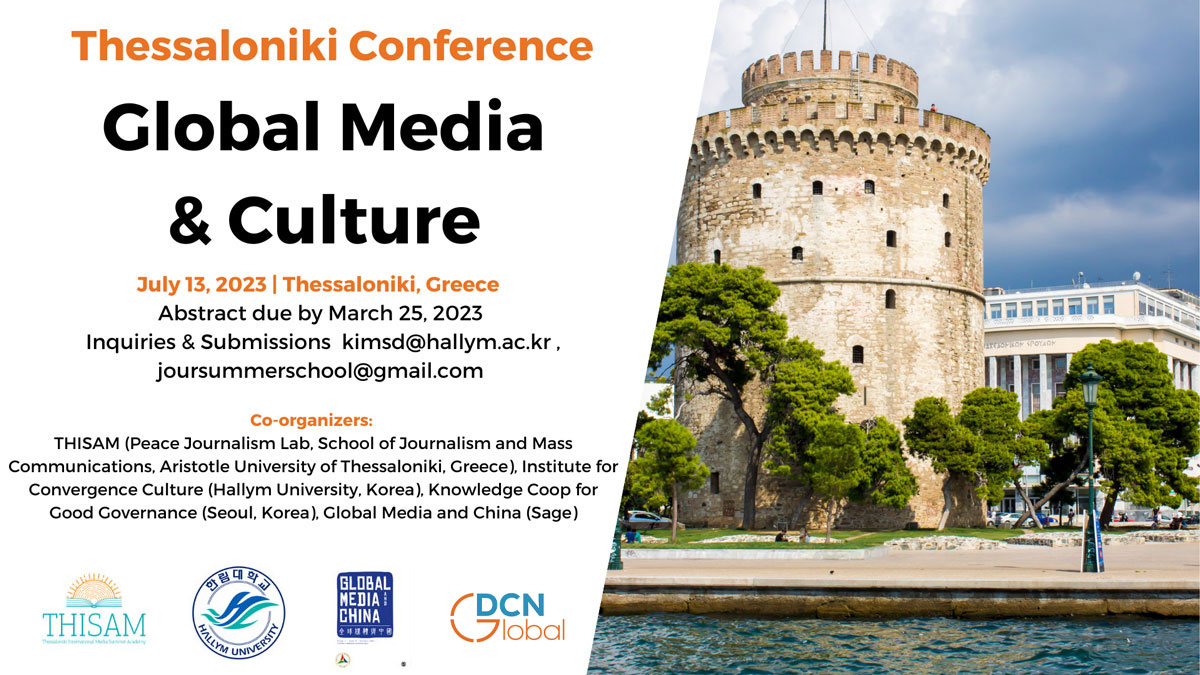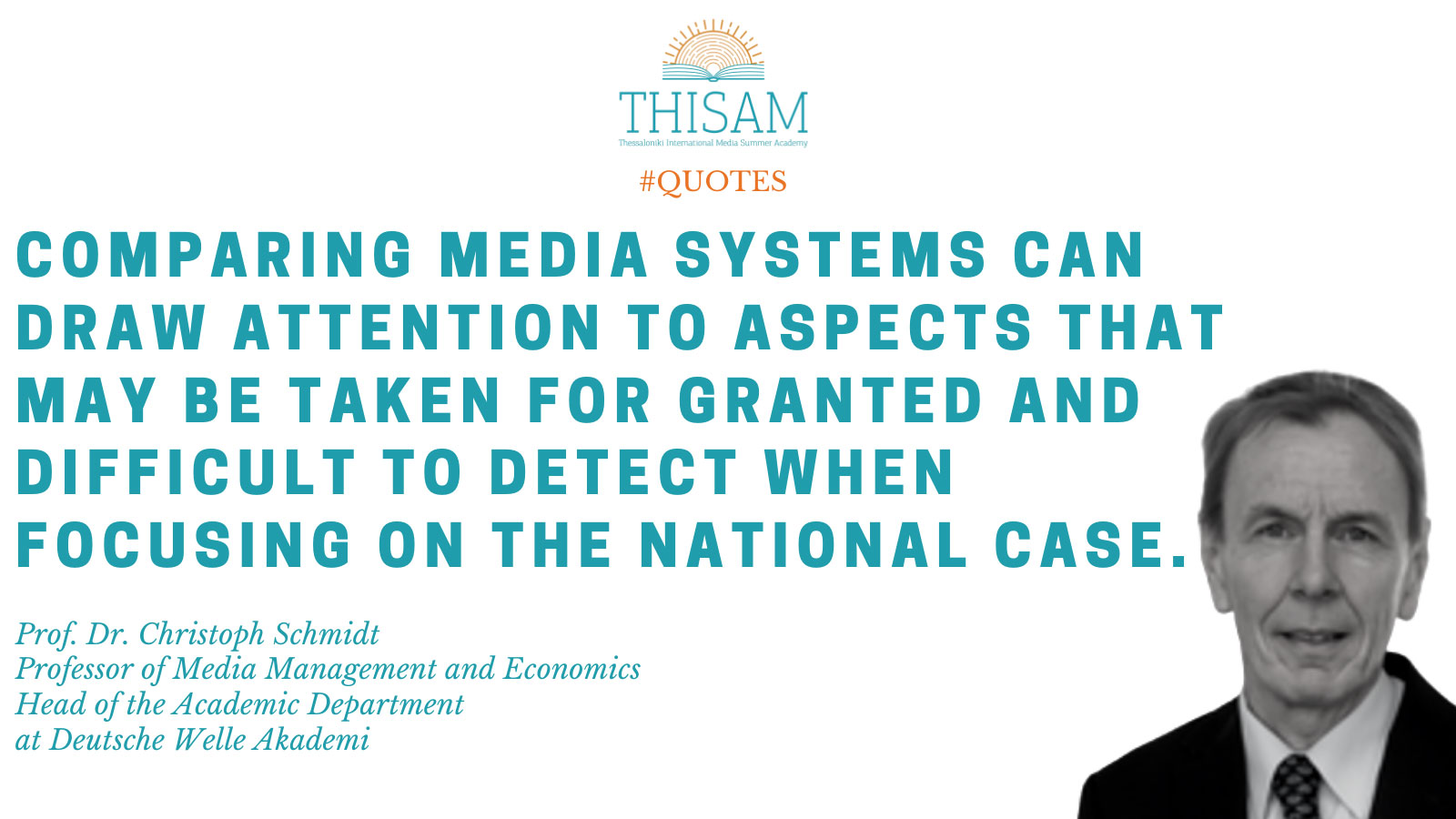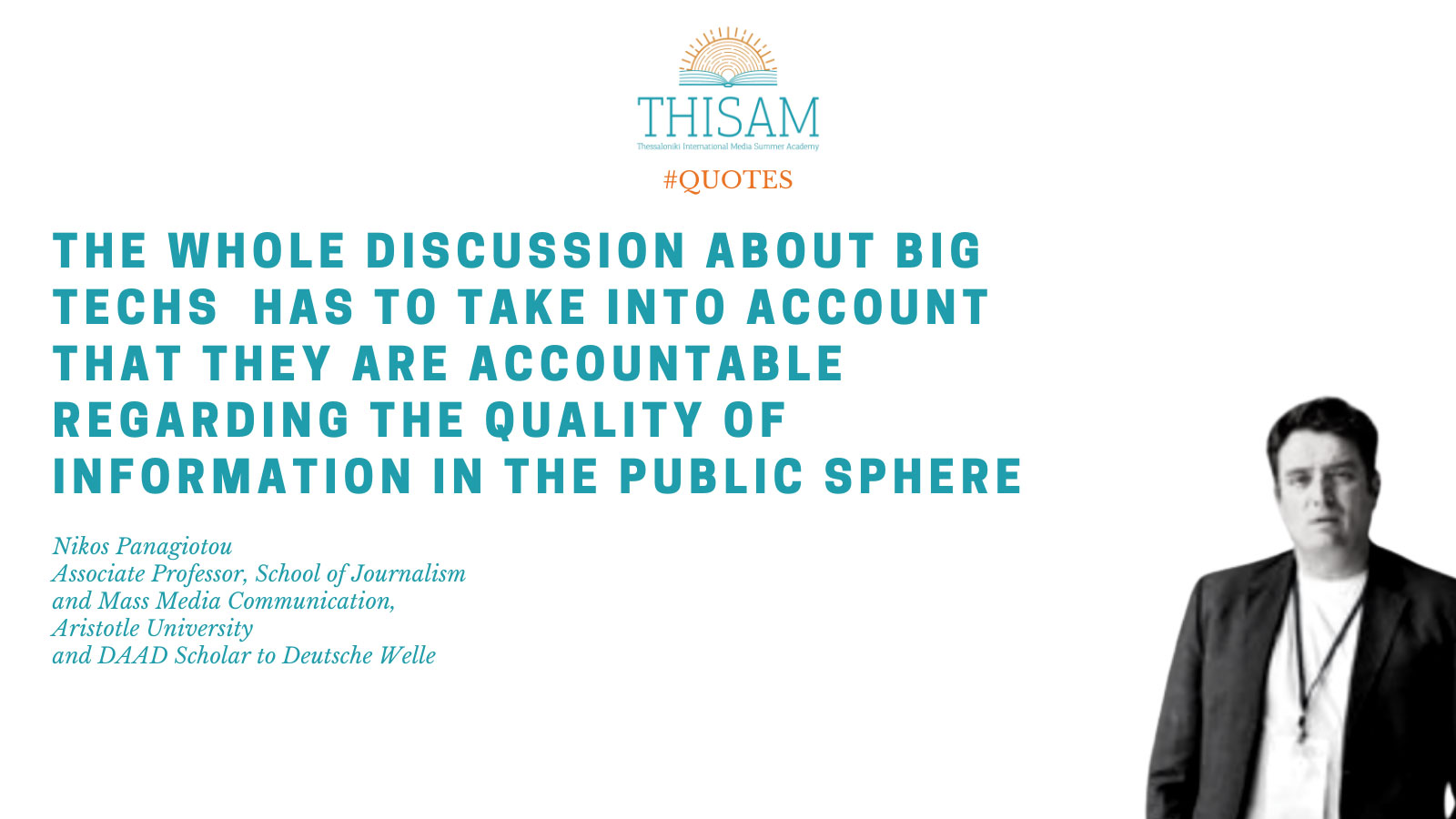By Safali Sagiyeva
Despite the conclusion of long-standing conflicts that have devastated generations, lingering enmity between nations continues to perpetuate trauma. This enduring hostility breeds fear of war, driving people to relocate or even leave their countries. The repercussions include political instability, economic and scientific stagnation, and a deep-seated hatred that distorts reality, making populations vulnerable to manipulation.
Media's Challenge in Peacebuilding
The media often strays from peace journalism for two main reasons. Firstly, it can become a propaganda tool for authoritarian regimes or warmongering entities. Secondly, media outlets may chase ratings by exploiting existing hatred, attracting viewers with sensational headlines and dramatic news. Such practices, whether intentional or not, can obstruct the peace process.
Strategies for Positive Media Influence
To counteract this negative impact, the media should focus on fostering intellectual discourse that contributes to peacebuilding rather than conflict. Media literacy and peace journalism could play a more pivotal role in peace processes than diplomacy.
Defining Peace Journalism
Peace Journalism (PJ), as outlined by Professor Steven Youngblood, involves editorial and reporting choices that enhance peace prospects. These choices, from story framing to word selection, foster a peace-conducive atmosphere and support peace initiatives and peacemakers, while adhering to good journalism principles. Youngblood's definition and his 10-point characterization of PJ provide a framework for distinguishing between peace-focused and hate-driven journalism. Key elements to consider in PJ content analysis include language, writing/reporting style, event coverage, party representation, and solution exploration.
Peace Journalism in Azerbaijan
Regrettably, journalism in Azerbaijan deviates significantly from PJ principles. Independent journalism faces destruction, with most media under government control, characterized by threatening, emotional, and hateful rhetoric. Opposition journalists endure harassment and arrest. President Aliyev's interview with the China Media Group highlights a misperception in the West regarding journalistic freedom. Recent actions, such as the dismissal of Radio Liberty staff and their replacement with government journalists, exemplify the aggressive authoritarian policy, posing a grim outlook for peace journalism in the country.





